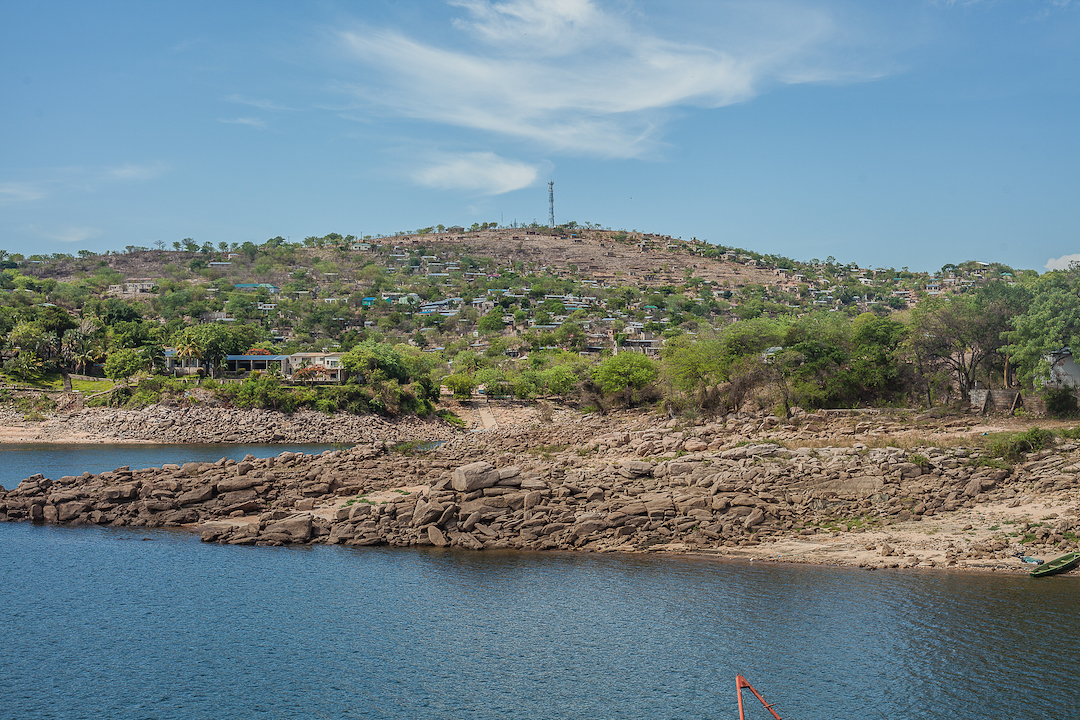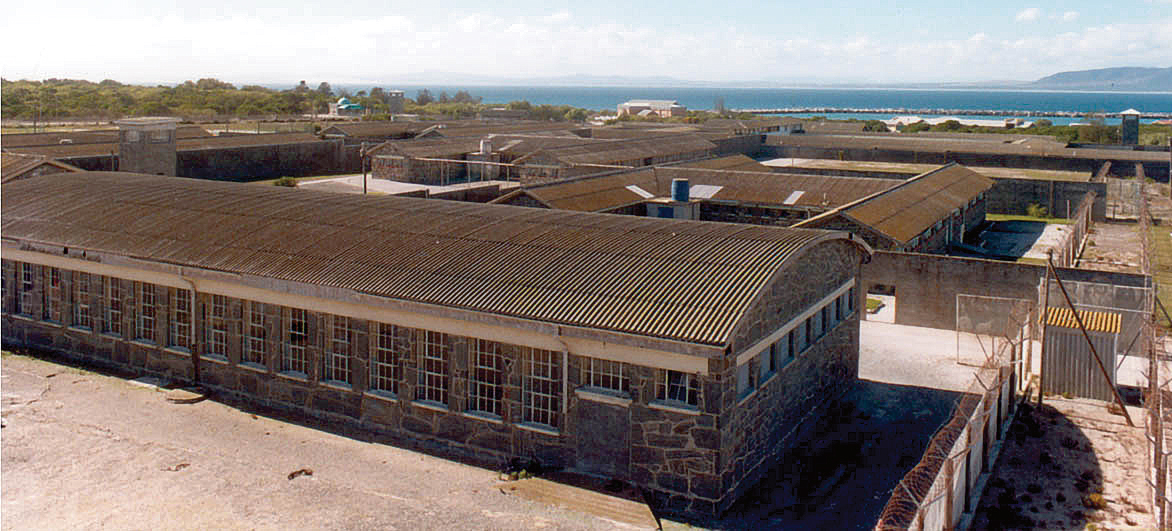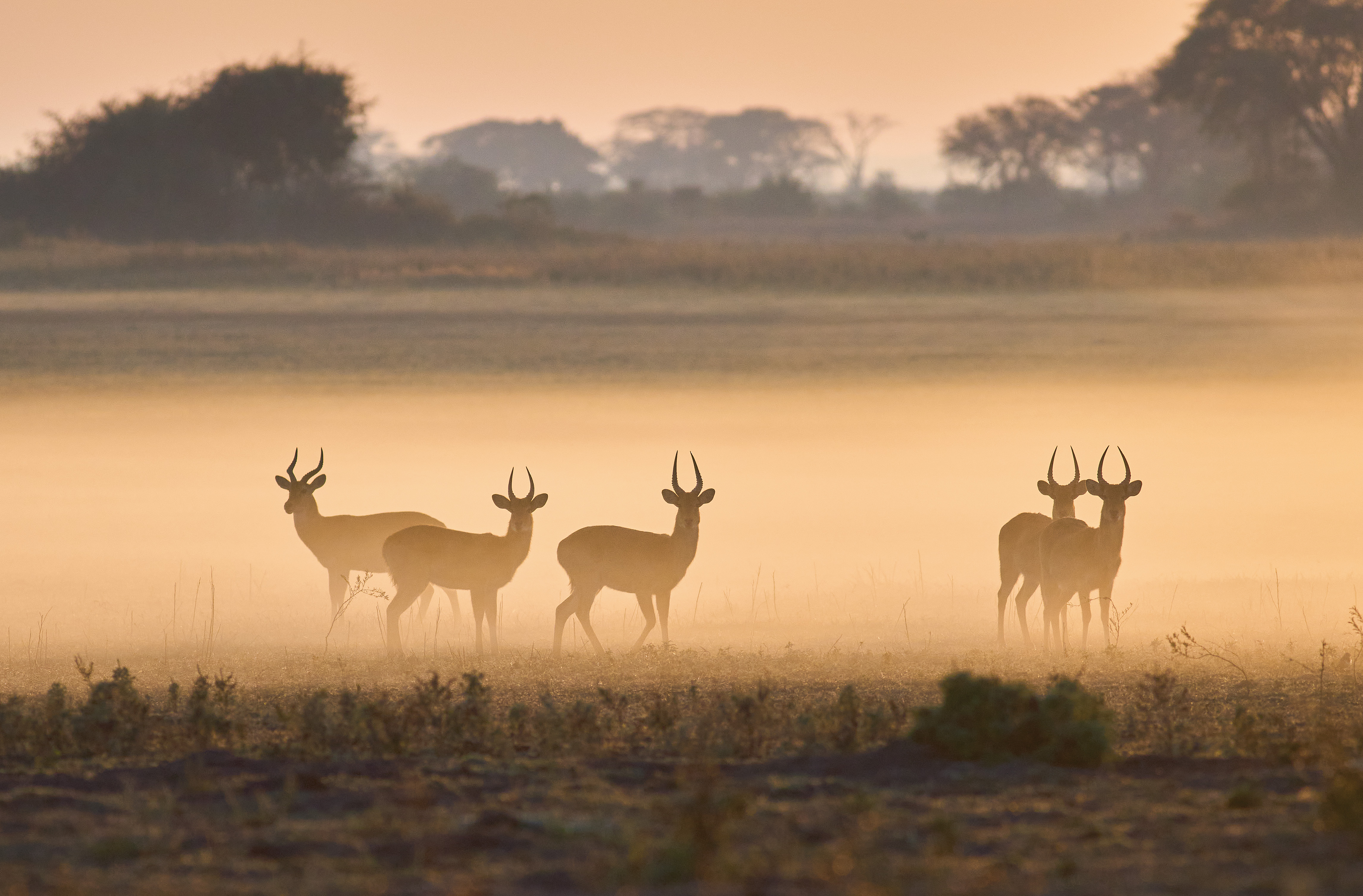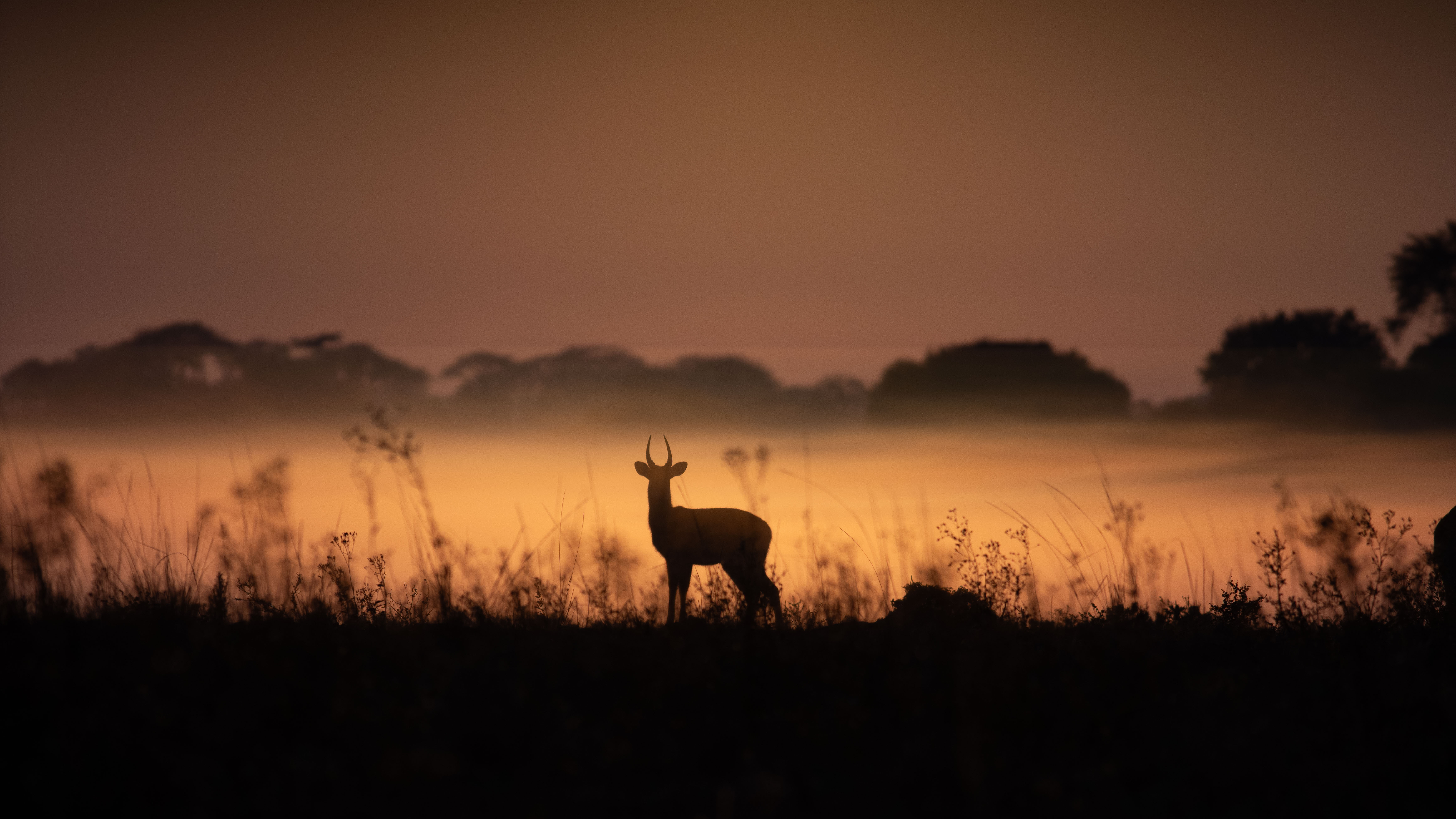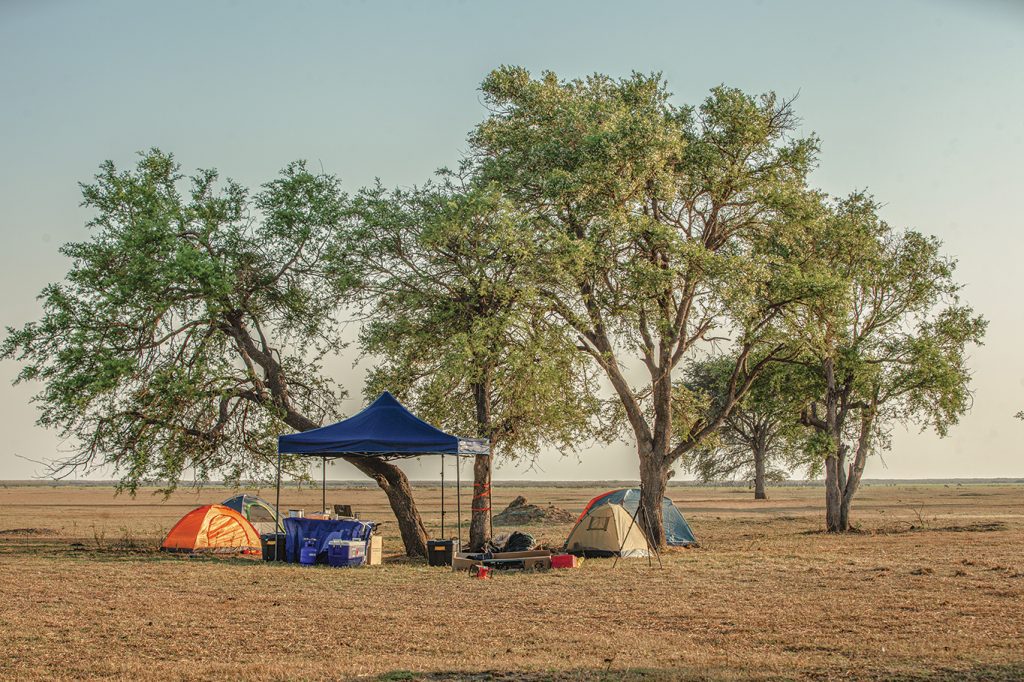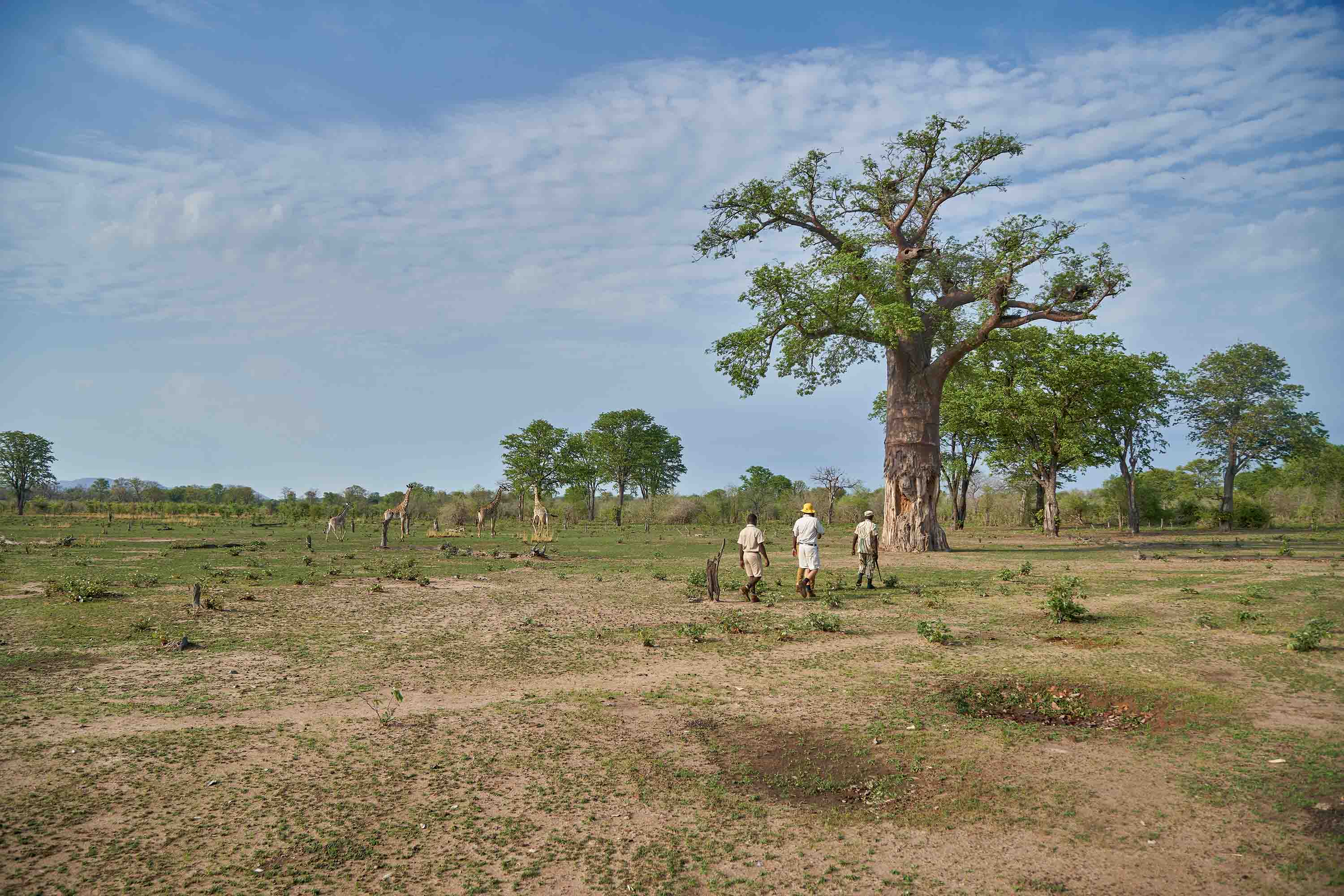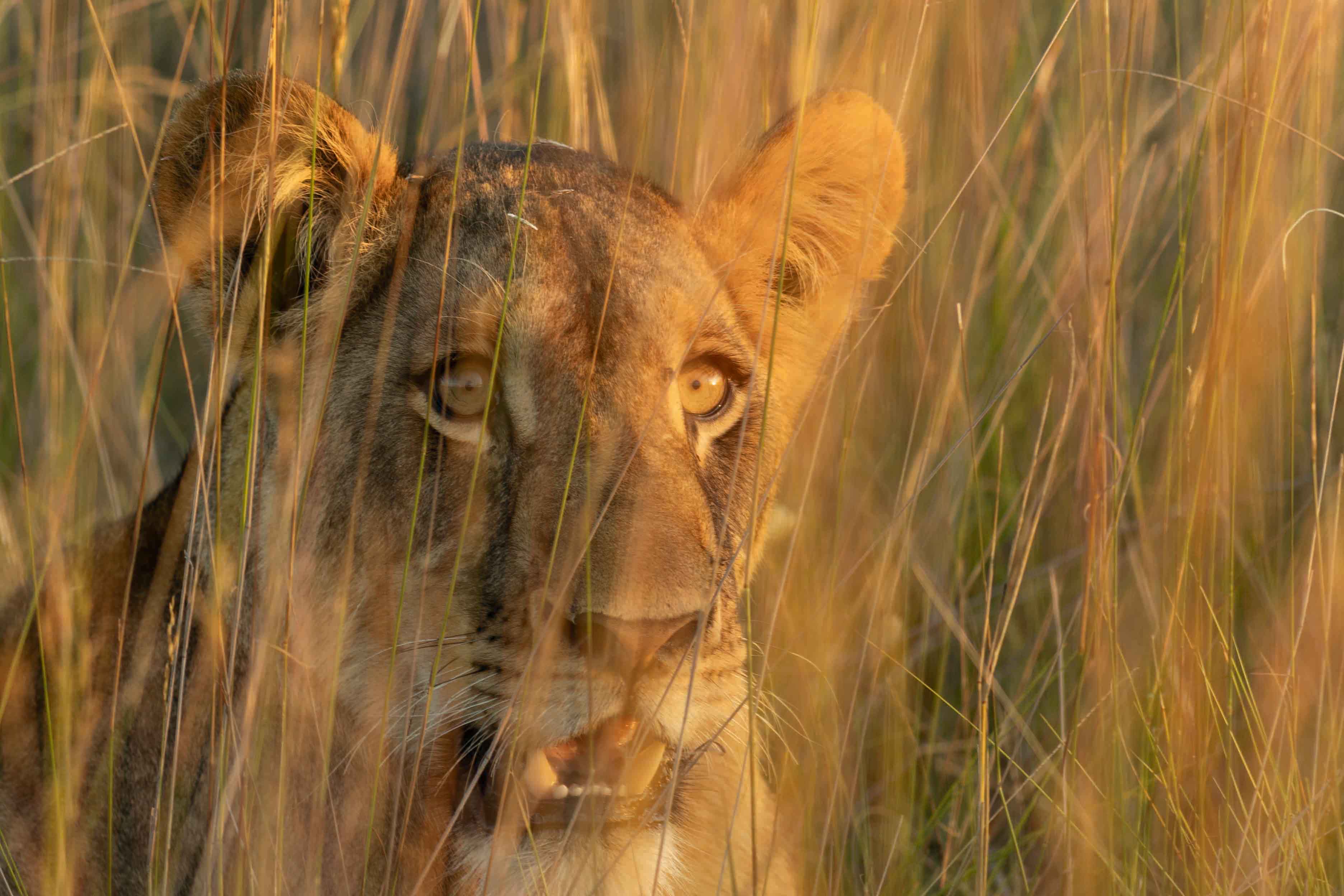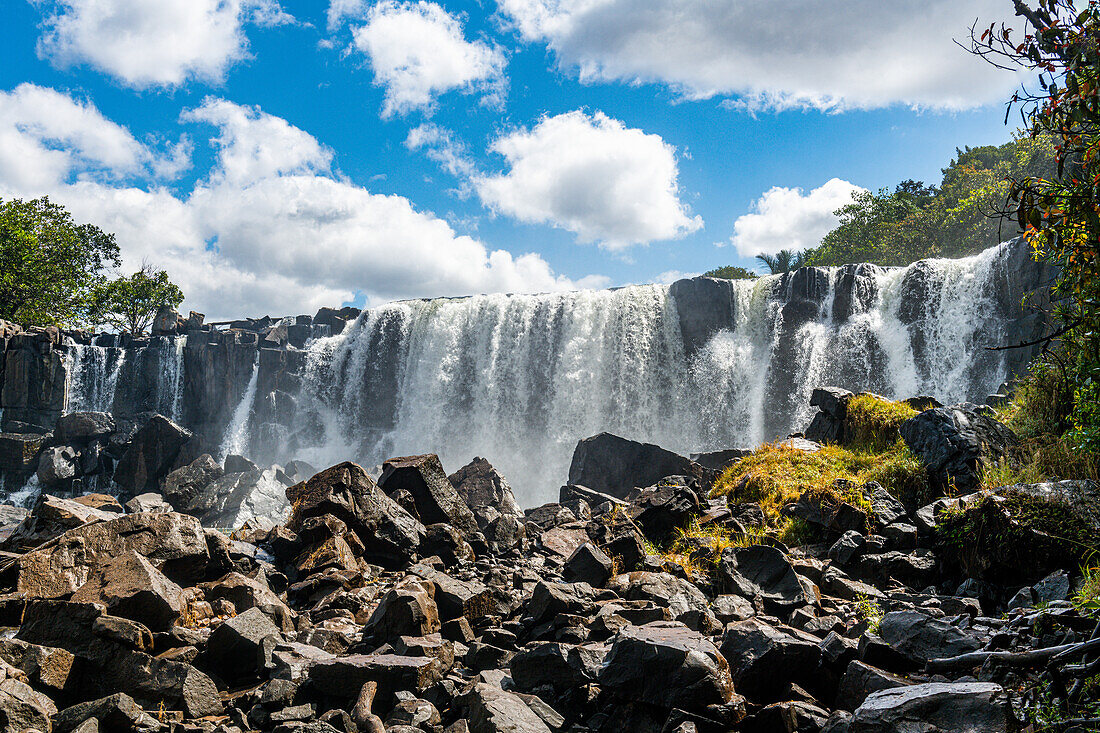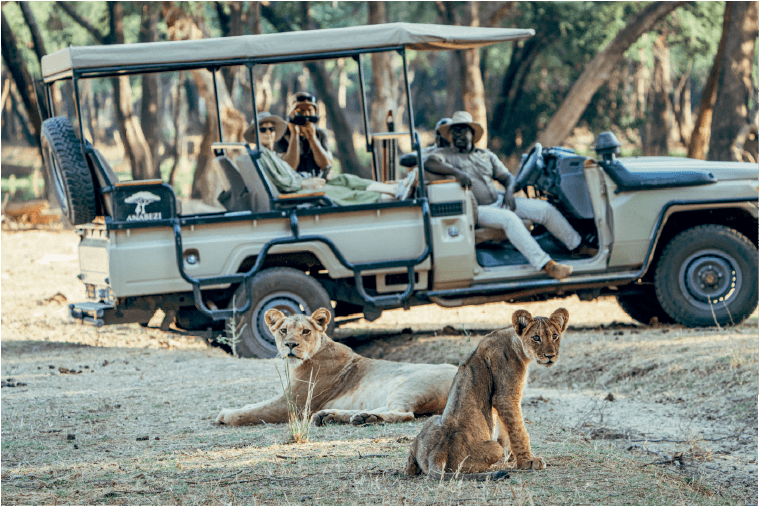The roads leading to Siavonga can seem daunting and even treacherous. Snaking and meandering through those hills can have you holding your breath as your car hugs the curves. But the drive to Siavonga is well worth it. With its small town charm and some of the best sunsets this side of the equator, Siavonga could easily be one of the best tourist destinations. We were heading there this time around to find out why it hasn’t achieved its full potential.

Lake Safari Lodge would be hosting Lizu and me for the two days that we’d be there. We would soon find that Lake Safari Lodge has some of the best views of Lake Kariaba, the Rolls Royce of coffee machines, great food and a number of activities around Siavonga. Grant, a soft-spoken, big boned, big bearded, tattooed man was our guide for our short trip. He gave us a brief tour of the grounds, showing us what’s changed over the last year or so. We notice the construction of a new bar and pool area going on but then our attention was stolen by extremely low water levels of Lake Kariba.

“You see that rusty boat there?” Grant asked in his subdued voice. “That should be submerged underwater.” Climate change has really been doing a number on the rainfall patterns for the past few years. It’s one of the main reasons why we’ve been experiencing some of the worst load shedding ever.
The slice of rocky beach Grant was pointing at is the public harbor. Here the fishermen come to dock their boats and sell their catch. The denizens of Siavonga also come out to sell vegetables and buy fish for their stalls on Mondays. We were told it gets really busy there. Unfortunately, sometimes this creates a precarious situation. “Some of the guys make a living on the water but can’t swim, “ Grant told us. Fishermen go missing a lot of the time.

That afternoon, Maurice Diamond, the owner of Lake Safari Lodge joined us for a late lunch. He’d once brought me out here to cover the Siavonga Motor Rally (which unfortunately does not take place anymore), but seemed to have forgotten me.

“We’re hoping to become a tourist town,” he told us. “Livingstone got tax breaks and we didn’t”. He mentioned the fact that this could be due to certain political factors but hopes that the powers that can see the bigger picture and the potential for this little town to bring in some tourism revenue.
“People come down and they want to eat fish. Kariba bream!” Maurice said beaming.
“Some people also want to get on the lake,” he said. He added that the feel of actually being on the water was very different from just watching it from the lodges or the beach. That’s why they were trying to introduce more water-based activities.

The economy of Siavonga is strongly linked to Lake Kariba. A large proportion of Zambia’s fish supply comes from Lake Kariba and the lake is also a draw for tourists.
We didn’t do much for the rest of the day. Lizu had snapped a few photos and then we decided to retire to our rooms until the evening. The view from my room was lovely. I left the curtains of the glass doors by its balcony open so I could see what went on at night on the water. The fishermen’s lights lit up sections of the lake. The more distant ones looked like stars skating on the Kariba.

The sun was sweltering the next morning. And then before you know it the rain started pouring down. We had to put our morning boat cruise on hold. The Siavonga weather can be a little unpredictable, but the heat is a constant.

The boat we got on was the first one I’d ever seen with comfy couches. Some people get motion sickness on the water, I get motion sleepiness. I struggled to stay awake, but thankfully our guide, a Mr Most (yes, that’s his name) punctuated the silence with little tidbits about the lake and the properties on it. Banana Island is apparently Dipak Patel’s (Zambian politician) property. He has a holiday home there, according to Mr Most.
A fish eagle scoured the sky and scouted the water below for food. You could hear the calls of many of them when you were on the water or down by the beaches.
At about 4:30pm we were driven up to the market. This is where a lot of the fish caught by the small-scale fishermen ended up. A conductor called for passengers to board a minibus to Lusaka; people walked around looking for items for their homes and the market ladies swatted and warded off flies from their fish.
should come and build us a market” one of the ladies said to us when we explained what we were doing there.]
The market attracts not only locals but also traders from across the border. Zimbabwean women come with a few things you can’t easily get in Siavonga, and then buy the things they can’t find back home and go back there to sell those.
As we left the market we drove along long winding roads and houses sitting on hills and overlooking the activity in the town. Siavonga is charming and though a noted tourist destination it has greater potential to attract even more visitors.
